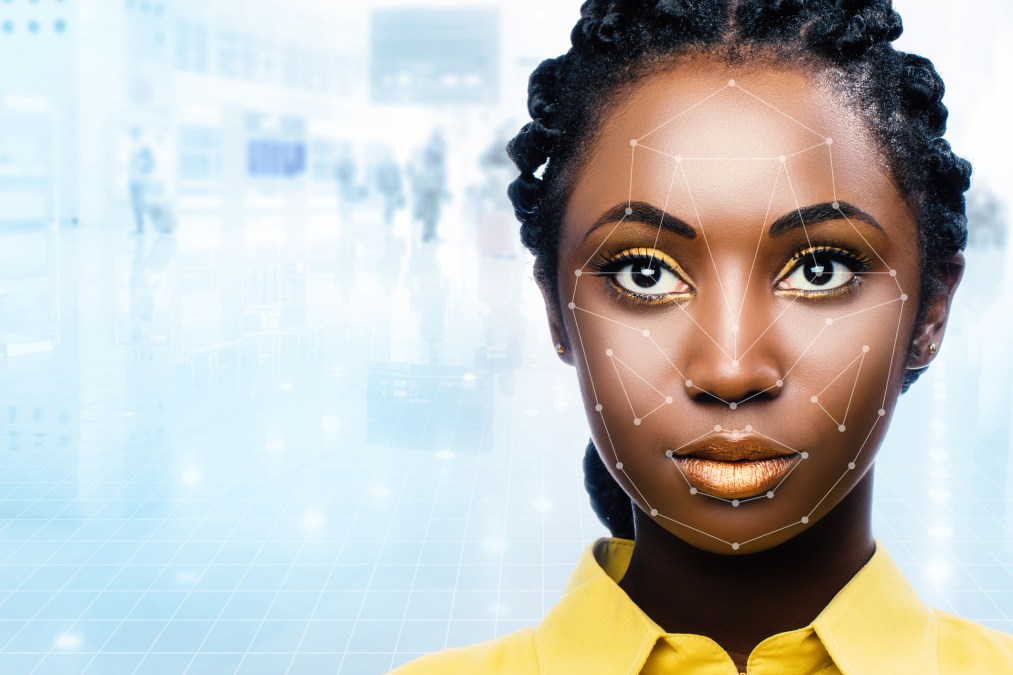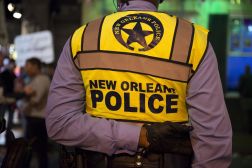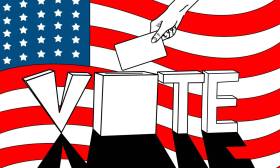Freewheeling facial-recognition use in Utah spurs new bill

Lawmakers in Utah may soon regulate the state’s controversial facial recognition technology currently used to catalog images on driver’s licenses and IDs. Republican state Sen. Kirk Cullimore is expected to introduce legislation in January that would impose restrictions on which federal agencies have access to the state’s license databases.
A report from the Georgetown University’s Center on Privacy and Technology in July revealed that the Utah Department of Public Safety had received hundreds of requests to use facial recognition technology to search databases between 2015 and 2017 from federal agencies like Immigration and Customs Enforcement and the FBI. The federal agencies did not need a warrant to access the data, Utahns were never notified that their personal data was handed over and they were not notified that their images were available to be scanned by facial recognition tools.
“Without knowledge or consent, everyone with a Utah driver’s license or driving privilege card may have had their photo analyzed thousands of times by facial recognition software that is known to be inaccurate. These reports confirm that a massive, hidden surveillance infrastructure isn’t just science fiction, it’s already happening,” Marina Lowe, legislative counsel at the American Civil Liberties Union of Utah, said in July.
According to the same Georgetown report, Vermont and Washington state were also sharing driver’s license information with federal law enforcement agencies, despite laws in those states requiring court orders granting permission to use biometric technologies on ID photos. The report was disputed by Utah DPS, which argued that federal agencies were filing requests responsibly by providing a case number and name for each request. Privacy advocates argued that the technology was still being used to scan virtually every license in the state.
In Utah, Cullimore’s impending bill would be the second attempt state legislators have made to set parameters around the use of facial recognition technology since the Georgetown report. A separate Utah bill introduced in November that would have added a disclaimer and imposed restrictions around how state agencies could use facial recognition failed to progress after lawmakers protested the lack of an “opt-out” feature for residents that don’t want to have their faces scanned.
“We’re not trying to ban the outright use of this. Just making sure the public is aware and, if it is being used, that appropriate due process and opt-in options are in place,” Cullimore told a local Fox News affiliate.
Several cities, including San Francisco, Oakland and Somerville, Massachusetts, have banned government use of facial recognition technologies this year. Federal lawmakers said in May that bipartisan consensus is in place to regulate facial recognition nationally.






